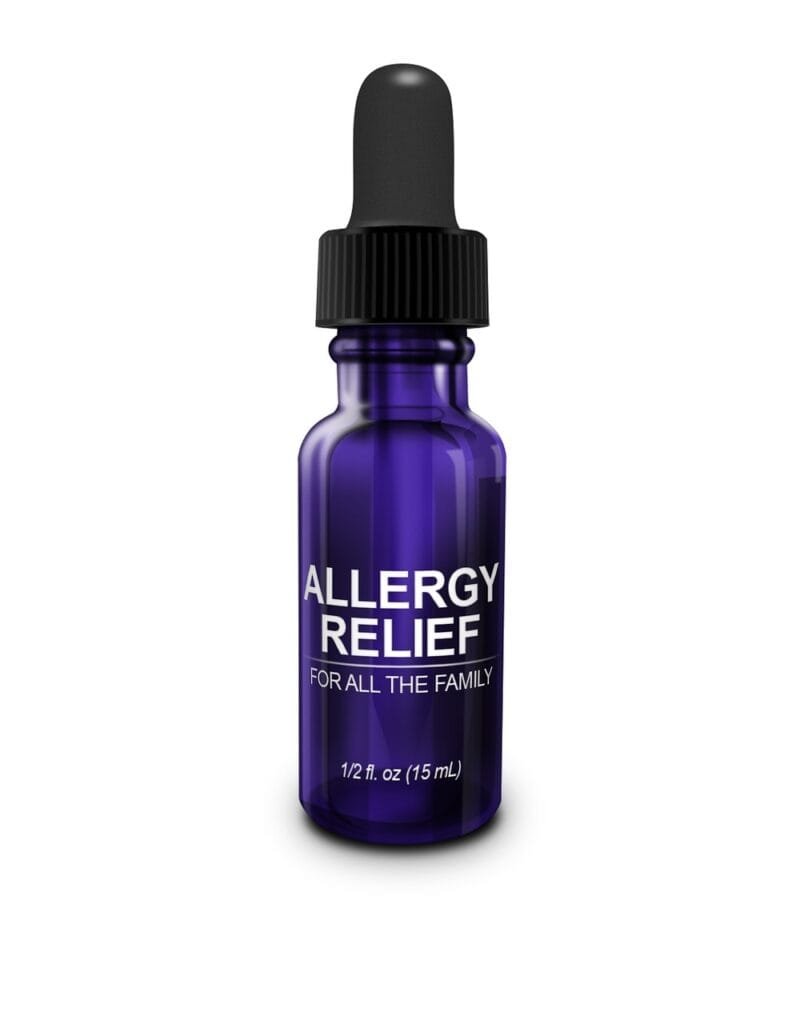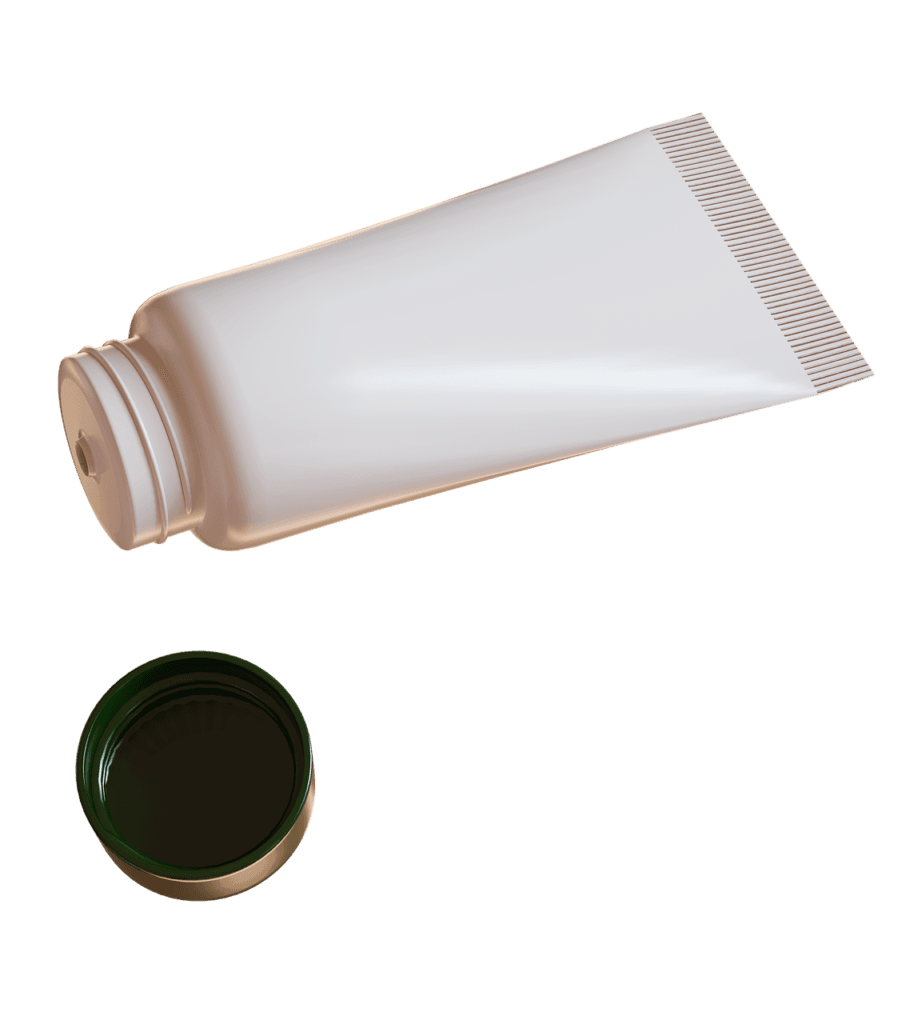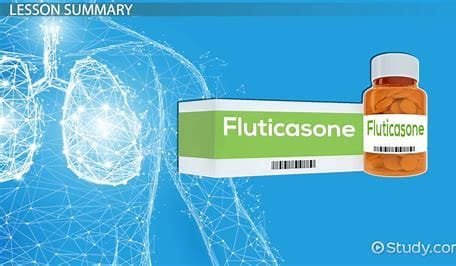Table of Contents
1. Introduction
Fluticasone Uses. Fluticasone is an effective, versatile, broad-spectrum medicine that has successfully gained recognition and treatment in most of the chronic diseases, mainly respiratory and skin diseases. This anti-inflammatory corticosteroid reduces inflammation and helps relieve symptoms associated with chronic diseases. In this article, we delve deeper into Fluticasone uses, its different formulations, types, pros and cons, and some commonly asked questions.
2. What is Fluticasone?

Fluticasone is a corticosteroid medication. It reduces inflammation, swelling, and irritation within the body. The medication comes in different variants, which enable its use in various conditions, such as asthma, allergies, and skin disorders. Because of its targeted action, Fluticasone has become a staple medication for millions.
3. Uses of Fluticasone
Asthma Treatment
Fluticasone is commonly administered as an inhaler to manage asthma. It decreases airway inflammation and prevents asthma attacks, allowing patients to breathe better with time.
Allergic Rhinitis
Fluticasone nasal sprays are commonly used to treat allergic rhinitis due to pollen, dust mites, or pet dander. This medication calms associated symptoms such as sneezing, nasal congestion, or itching.
Chronic Obstructive Pulmonary Disease (COPD)
It reduces inflammation in the lungs of patients suffering from COPD, making breathing easier and the flare-ups less frequent.
Skin Infections
Fluticasone creams and ointments help to relieve skin conditions such as eczema, psoriasis, and dermatitis. It decreases redness, swelling, and itching.
Sinusitis
In some cases of sinusitis, fluticasone is used to diminish nasal swelling that improves sinus drainage.
Other Allergies
Fluticasone can also be prescribed to treat non-allergic rhinitis and other inflammatory illnesses of the lungs.
4. Forms of fluticasone preparations
Fluticasone comes in several forms that are formulated to treat specific conditions:
1. Inhalation
Aerosol Fluticasone Propionate Inhalation Aerosol: For chronic asthma and chronic obstructive pulmonary disease.
Combination Inhaler Fluticasone may also be combined with other drugs, such as salmeterol, for added therapeutic benefits.
Nasal Sprays
2. Nasal Spray
Flonase, among others, is commonly used in the treatment of allergic rhinitis and nasal congestion.
3. Topical Creams and Ointments
Used topically on the skin for eczema, psoriasis, and dermatitis.
4. Nebulizer Solutions
Fluticasone is sometimes used through nebulizers for major respiratory conditions.
5.Oral Tablets
It is seldom prescribed but found useful in some conditions where other preparations are not available.
5. Advantages of Fluticasone: Extremely Potent
Fluticasone is the best medication that could remove excess inflammation and effectively treat chronic health conditions like asthma or eczema.
Different Preparations Available
This can be used as a different preparation of treatment for different conditions.
Action Site: Localized
Whether applied as an inhaler, nasal spray, or cream, Fluticasone acts directly on the targeted area with minimum systemic side effects.
Sustained Relief
Fluticasone can be used regularly to achieve sustained relief for symptoms, especially for chronic conditions.
FDA-Approved
Fluticasone is approved to be used for a number of medical applications that are sure to ensure their safety and efficacy.
6. Disadvantages of Fluticasone

Side Effects
Common side effects include dryness, irritation, or a burning sensation at the application site. Systemic side effects, such as reduced immunity or hormonal imbalance, are rare but possible with prolonged use.
Dependency Risk
Over-reliance on Fluticasone nasal sprays or inhalers can lead to diminished effectiveness over time.
Delayed Onset Unlike bronchodilators or antihistamines, Fluticasone does not provide immediate relief and requires consistent use for full effect.
Cost Some formulations, especially branded ones, can be expensive.
Not Suitable for All People with some medical conditions, such as untreated infections, should not use Fluticasone on their own without consulting a doctor.
7. FAQs About Uses of Fluticasone
1. How long will Fluticasone take to act?
Fluticasone generally takes about a few days to appear effective. For maximum benefits, the drug should be used regularly as directed.
2. Can I take Fluticasone nasal spray every day?
Yes, Fluticasone nasal spray is commonly recommended for daily use through allergy seasons or by a doctor.
3. Do the Fluticasone inhalers have long-term side effects?
Long-term side effects may include oral thrush, amongst minor side effects. Rinsing after using the inhaler prevents oral thrush.
4. Is Fluticasone safe for children?
Children are generally safe, but the drug quantity and formulation depend on the child’s age and specific condition, so a pediatrician can guide you.
Q5. Can I quit Fluticasone Cold Turkey?
Doctor’s consultation is recommended before quitting the drug, especially in chronic conditions, as withdrawal symptoms can cause rebounding of symptoms.
Q6. Is Fluticasone an OTC medication?
Flonase nasal sprays are an over-the-counter product; however, the prescription variants, like inhalers, have to be prescribed by a doctor.
7. Does Fluticasone cause weight gain?
Weight gain is not a common side effect of Fluticasone, especially in localized forms like inhalers or nasal sprays.
8. Can Fluticasone be used during pregnancy?
Fluticasone should be used during pregnancy only if the benefits outweigh the risks. Always consult your doctor for personalized advice.
Conclusion

It can be used to treat a wide variety of diseases, ranging from asthma and allergic diseases to skin diseases. It is an essential tool for the chronic use of medication due to its localized effect and safety. Its side effects, like those of any drug, mean it should be used under the right medical care. Fluticasone relief for either respiratory conditions or skin inflammation is always there if applied appropriately.



